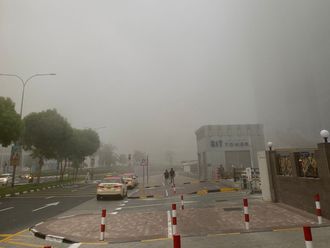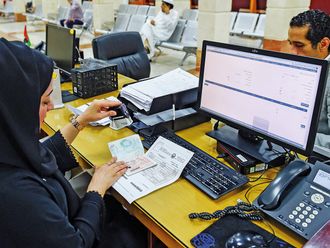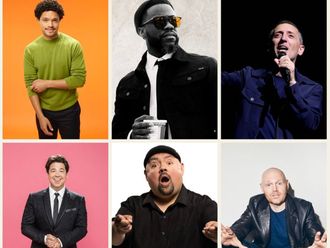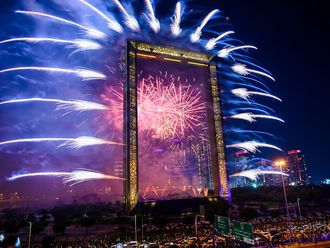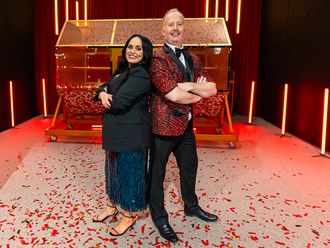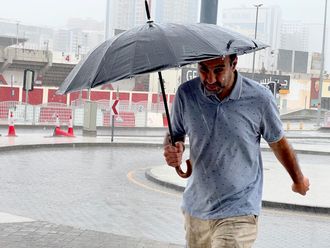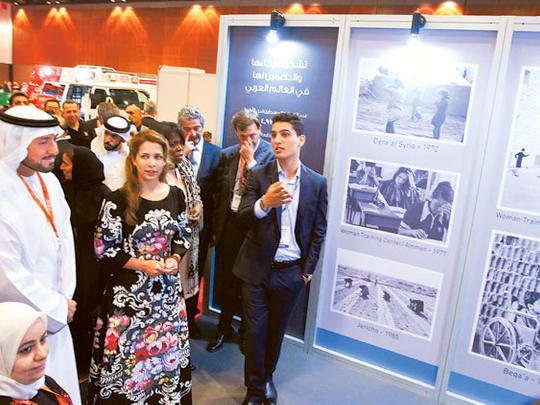
Dubai: Women should not be seen only as victims and receivers of aid in conflicts and natural disasters, said Princess Haya Bint Hussain, wife of Shaikh Mohammad Bin Rashid Al Maktoum, UAE Vice-President and Prime Minister and Ruler of Dubai.
She said women can play a key role in humanitarian work and national development.
Her comments came on Tuesday during the opening of the Dubai International Humanitarian Aid & Development Conference & Exhibition (DIHAD).
The annual event is this year focusing on women and aid, and how conflicts and disasters affect them in gender-specific ways.
Princess Haya is the UN Messenger of Peace and chairperson of the International Humanitarian City, Dubai.
Also speaking at DIHAD, Shaikha Lubna Al Qasimi, UAE Minister of International Cooperation and Development, said “it is critically important that we see women not just as recipients of assistance” but “as agents of change, as brokers of peace, and as deliverers of assistance.”
Shaikha Lubna added that in terms of humanitarian help, women have “different and sometimes unique needs, and sometimes markedly different perspectives on how to go about meeting those needs.”
That would be reflected in the UAE’s overall foreign aid policy which is currently under preparation, she added.
Another speaker, Ertharin Cousin, executive director of the World Food Programme, said women often “bear the crippling consequences” of conflict — physical or otherwise.
Cousin said women are usually keen to care for others at home and outside, taking on stress and “crisis makes it worse.”
She added that some 80 per cent of Internally Displaced Persons globally are women and children.
“Gender-fair assistance is not an optional add-on,” Cousin said.
A number of delegates said rape was being used as weapon of war in conflict zones.
To address women issues, Kristalina Georgieva, European Commissioner for International Cooperation, Humanitarian Aid and Crisis Response (ECHO), said European humanitarian workers are adopting a new policy based on three pillars.
One pillar is Mainstreaming Gender in humanitarian relief, such as access to women-only facilities and restrooms in refugee camps.
Another is Targeted Actions, which include providing cash and vouchers instead of food and other aid items, so women can decide best on how to spend the funds.
And a third is Capacity Building, meaning placing women in leading roles so they can “stand tall for themselves and other women.”
New Ambulances
Meanwhile, it was revealed on the sidelines of the conference that a new fleet of ambulances will be rolled out in Dubai. Only one unit of the upgraded edition is in service currently and was on display at DIHAD.
They are expected to be in service well before Expo 2020 is held in Dubai.
The new ambulances will be able to stream real-time patient data — such as vital signs — and video to linked hospitals, enabling surgeons and specialists to coordinate with paramedics in life-saving procedures.
They will also eventually be fitted with sensors that will assess the patient’s physical dimensions so stretchers and doors are adjusted automatically.
Also, a system will alert medics on board if any equipment has been left behind or on the road while rushing between emergencies.


